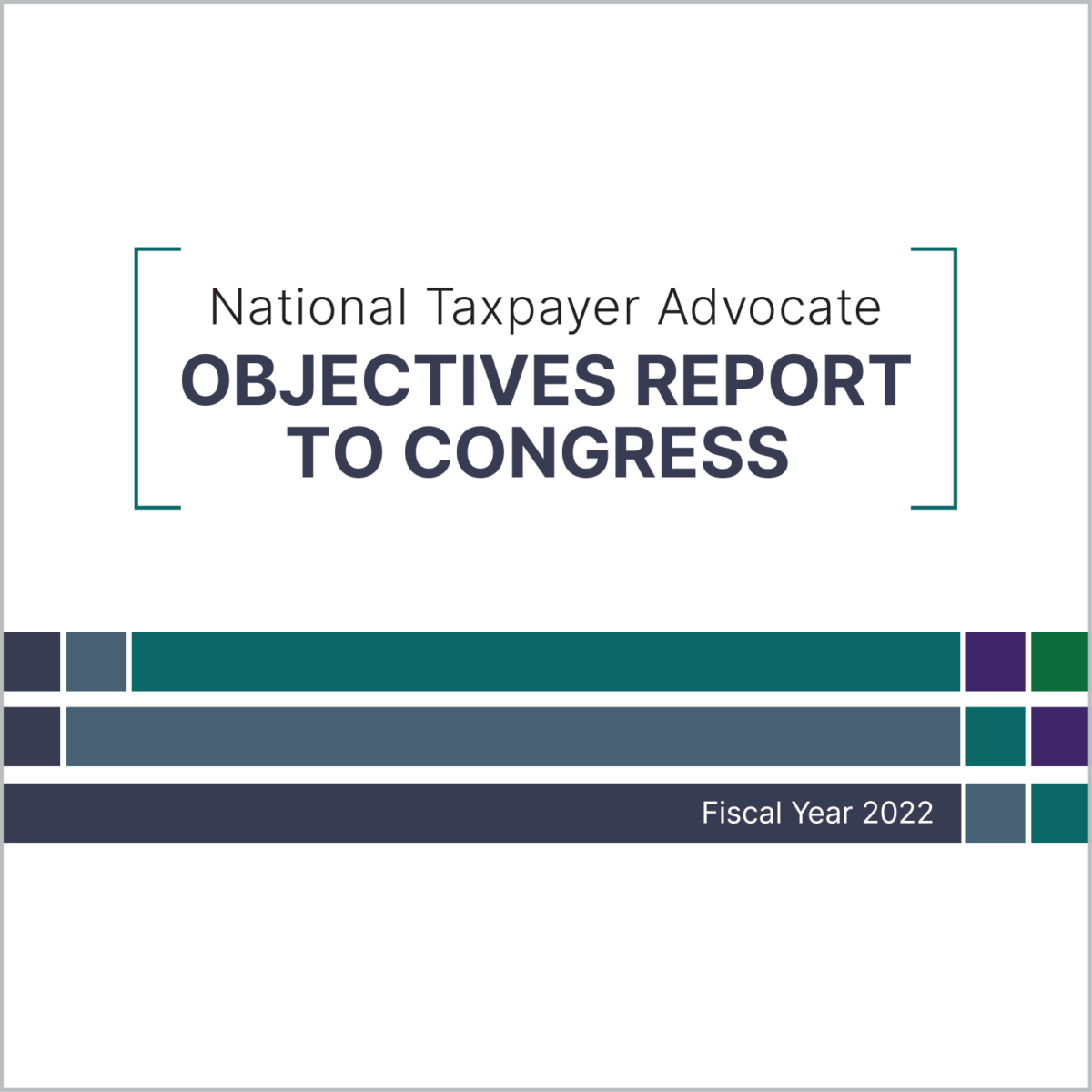

National Taxpayer Advocate Erin M. Collins today released her statutorily mandated mid-year report to Congress. The report presents an assessment of the 2021 filing season, identifies key objectives the Taxpayer Advocate Service (TAS) will pursue during the upcoming fiscal year, and contains the IRS’s responses to each of the 73 administrative recommendations the Advocate made in her 2020 Annual Report to Congress.
The Advocate’s report emphasizes that the difficulties the IRS faced in performing its traditional work due to the COVID-19 pandemic and the added responsibilities it was assigned to make three rounds of stimulus payments combined to create significant challenges for taxpayers.
During the 2021 tax filing season, the IRS processed 136 million individual income tax returns and issued 96 million refunds totaling about $270 billion. That matches up closely to the results of the last typical filing season in 2019. In addition to its traditional work, the IRS was directed by Congress to issue three rounds of stimulus payments over the past 15 months and has made about 475 million payments worth $807 billion to mitigate the impact of the pandemic on U.S. families and businesses.
Although most taxpayers successfully filed their returns and received their refunds, a historically high number did not. At the conclusion of the filing season, the IRS faced a backlog of over 35 million individual and business income tax returns that require manual processing – meaning that employee involvement is generally needed before a return can advance to the next stage in the processing pipeline. The backlog includes about 16.8 million paper tax returns waiting to be processed; about 15.8 million returns suspended during processing that require further review; and about 2.7 million amended returns awaiting processing. The backlog resulted largely from the pandemic-related evacuation order that restricted employee access to IRS facilities.
During the 2021 filing season, the IRS received 167 million telephone calls – over four times as many calls as during the 2019 filing season. IRS employees could not keep pace with this massive volume of calls, resulting in the poorest service ever. The IRS reported a “Level of Service” on its Accounts Management telephone lines of 15 percent, with only seven percent of taxpayer calls reaching a telephone assistor. On the “1040” line, the most frequently called IRS toll-free number, taxpayers placed about 85 million calls, and only three percent (i.e., three out of 100) reached a telephone assistor.
Over the long run, the report says the lessons learned from the pandemic can be useful in helping to identify or reprioritize needs for improved tax administration and taxpayer service.
The report recommends the IRS take these proactive steps to improve service and communication with taxpayers:
The National Taxpayer Advocate is required by statute to submit a year-end report to Congress that, among other things, makes administrative recommendations to resolve taxpayer problems. Section 7803(c)(3) of the Internal Revenue Code authorizes the National Taxpayer Advocate to submit administrative recommendations to the Commissioner and requires the IRS to respond within three months. Under this authority, the National Taxpayer Advocate annually transmits to the Commissioner all administrative recommendations proposed in her year-end report for response. The National Taxpayer Advocate made 73 administrative recommendations in her 2020 year-end report and then submitted them to the Commissioner for response. The IRS has agreed to implement 48 (or 66 percent) of the recommendations in full or in part. The IRS’s responses are published in an appendix to the report.